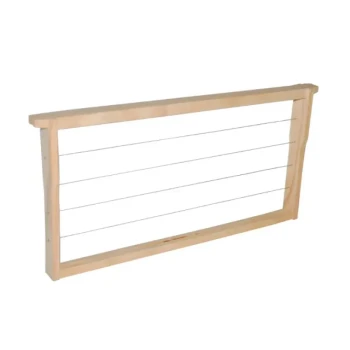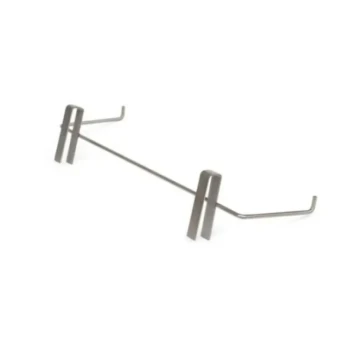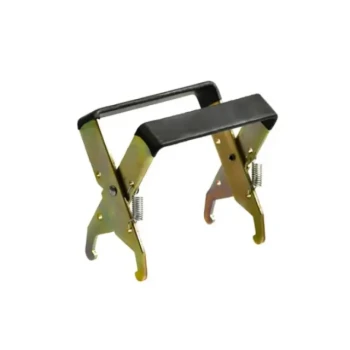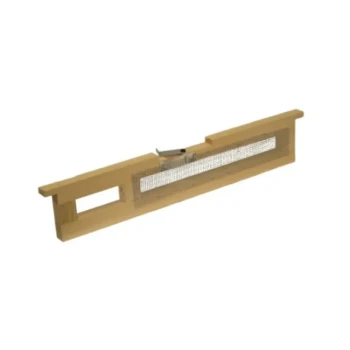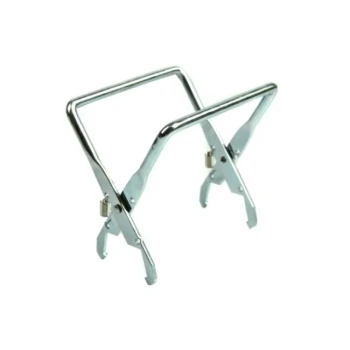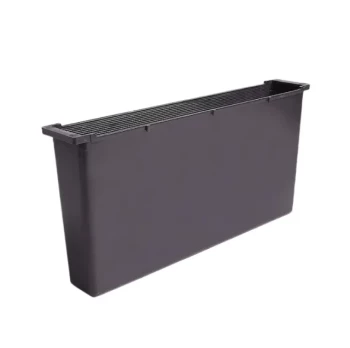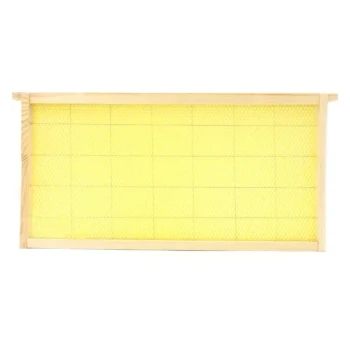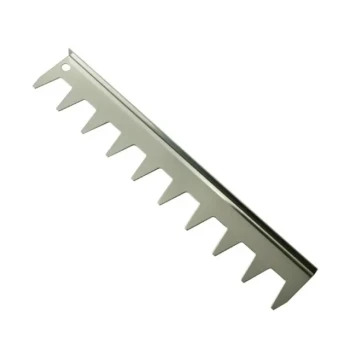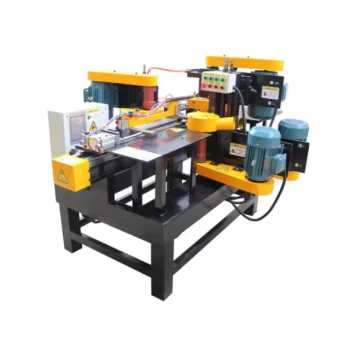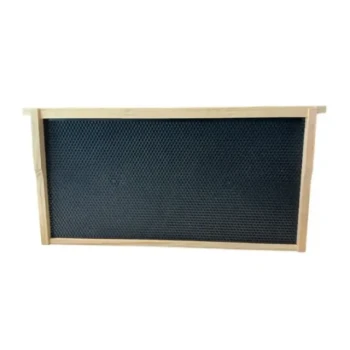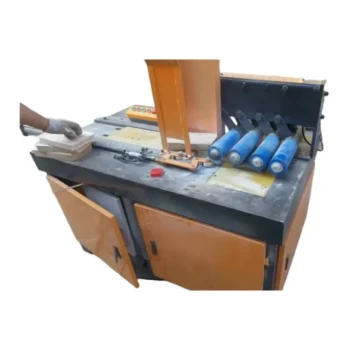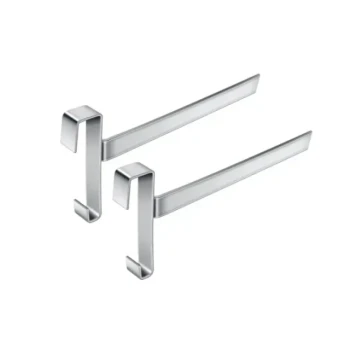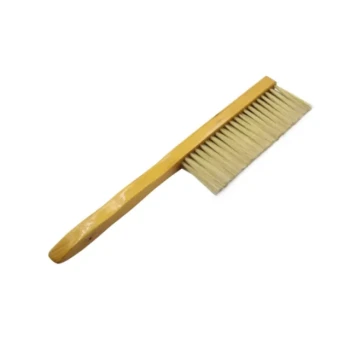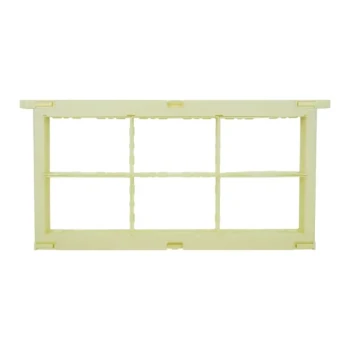In short, wooden frames are the traditional, natural choice in beekeeping, valued for their versatility, cost-effectiveness, and compatibility with various foundation types. They are typically made from pine or cedar for strength and are favored by beekeepers who want more control over their hive setup, including the option for foundationless beekeeping.
The central decision is not just about wood versus plastic, but about your beekeeping philosophy. Wooden frames empower a more hands-on, natural approach, offering flexibility at the cost of requiring initial assembly and maintenance.
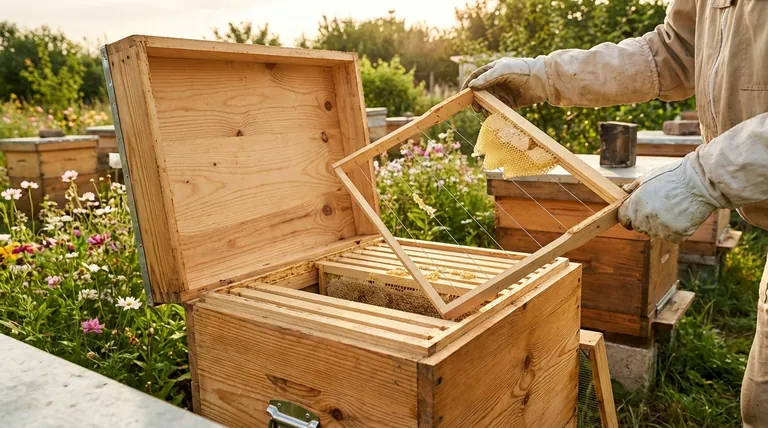
The Core Advantages of Wood
Wooden frames have remained a staple in beekeeping for a reason. They offer a unique combination of natural composition and beekeeper-centric flexibility that synthetic alternatives often cannot match.
### Natural and Sustainable Material
Wooden frames are made from a renewable resource, most commonly pine, with cedar sometimes used as a lighter-weight alternative. This natural material ensures there is no risk of chemical contamination leaching into honey or wax.
This aligns perfectly with the principles of natural or organic beekeeping, where minimizing artificial components in the hive is a primary goal.
### Unmatched Versatility
Perhaps the greatest strength of wooden frames is their versatility. Unlike plastic frames that come with a pre-molded foundation, wooden frames give the beekeeper complete control.
You can install wax foundation, plastic foundation, or no foundation at all. This adaptability is crucial for different management styles.
### Cost-Effectiveness
Wooden frames are almost always significantly cheaper than plastic frames, especially when purchased unassembled. For beekeepers managing many hives, this cost difference can be substantial.
The ability to build the frames yourself translates direct labor into cost savings.
### Foundationless Beekeeping
Wooden frames are the standard for foundationless beekeeping. By wiring an empty frame, you encourage the bees to build their own natural comb from scratch.
This practice is increasingly popular among those who believe it allows bees to create cell sizes best suited for their own needs, promoting a healthier and more natural colony structure.
Understanding the Trade-offs
While wood offers significant benefits, it's essential to weigh them against the practical considerations and the advantages of alternatives like plastic.
### Assembly is Required
Most wooden frames are sold unassembled to reduce shipping costs. This means the beekeeper must invest time and effort into building them, which includes gluing and nailing the four components of each frame together.
### Strength Depends on Quality
A frame full of honey and brood is surprisingly heavy. The structural integrity of a wooden frame depends entirely on its material quality and proper assembly. A poorly constructed frame can break during inspection, creating a major problem in the hive.
### Wood vs. Plastic
The primary alternative, the plastic frame, offers convenience. They are typically one solid, injection-molded piece with a built-in foundation, requiring no assembly and offering excellent durability.
However, this convenience comes at the cost of flexibility. You cannot use them for foundationless beekeeping or easily replace damaged comb without replacing the entire frame.
Making the Right Choice for Your Hive
Your choice of frame material directly impacts your workflow, costs, and beekeeping philosophy.
- If your primary focus is natural beekeeping and flexibility: Wooden frames are the superior choice, as they are the only practical option for foundationless comb.
- If your primary focus is minimizing initial costs: Buying unassembled wooden frames is the most economical path forward, provided you are willing to invest the labor.
- If your primary focus is convenience and long-term durability: You may want to evaluate plastic frames, as they eliminate the need for assembly and resist wear and tear.
Ultimately, understanding these characteristics allows you to choose the equipment that best aligns with your goals as a beekeeper.
Summary Table:
| Characteristic | Description | Key Takeaway |
|---|---|---|
| Material | Typically pine or cedar; natural, renewable, and chemical-free. | Ideal for organic/natural beekeeping. |
| Versatility | Compatible with wax, plastic, or no foundation (foundationless). | Offers maximum beekeeper control. |
| Cost | Significantly cheaper than plastic, especially unassembled. | Best for budget-conscious, large-scale operations. |
| Durability | Strength depends on wood quality and proper assembly. | Requires careful construction to handle heavy comb. |
| Maintenance | Requires initial assembly (gluing/nailing) and periodic upkeep. | Involves more hands-on labor than plastic frames. |
Ready to equip your apiary with high-quality, versatile wooden frames?
At HONESTBEE, we specialize in supplying durable, cost-effective beekeeping supplies to commercial apiaries and distributors. Our wooden frames are crafted for strength and flexibility, supporting everything from foundationless beekeeping to large-scale honey production.
Let us help you build a stronger, more natural hive. Contact our wholesale team today to discuss bulk pricing and custom solutions tailored to your operation.
Visual Guide
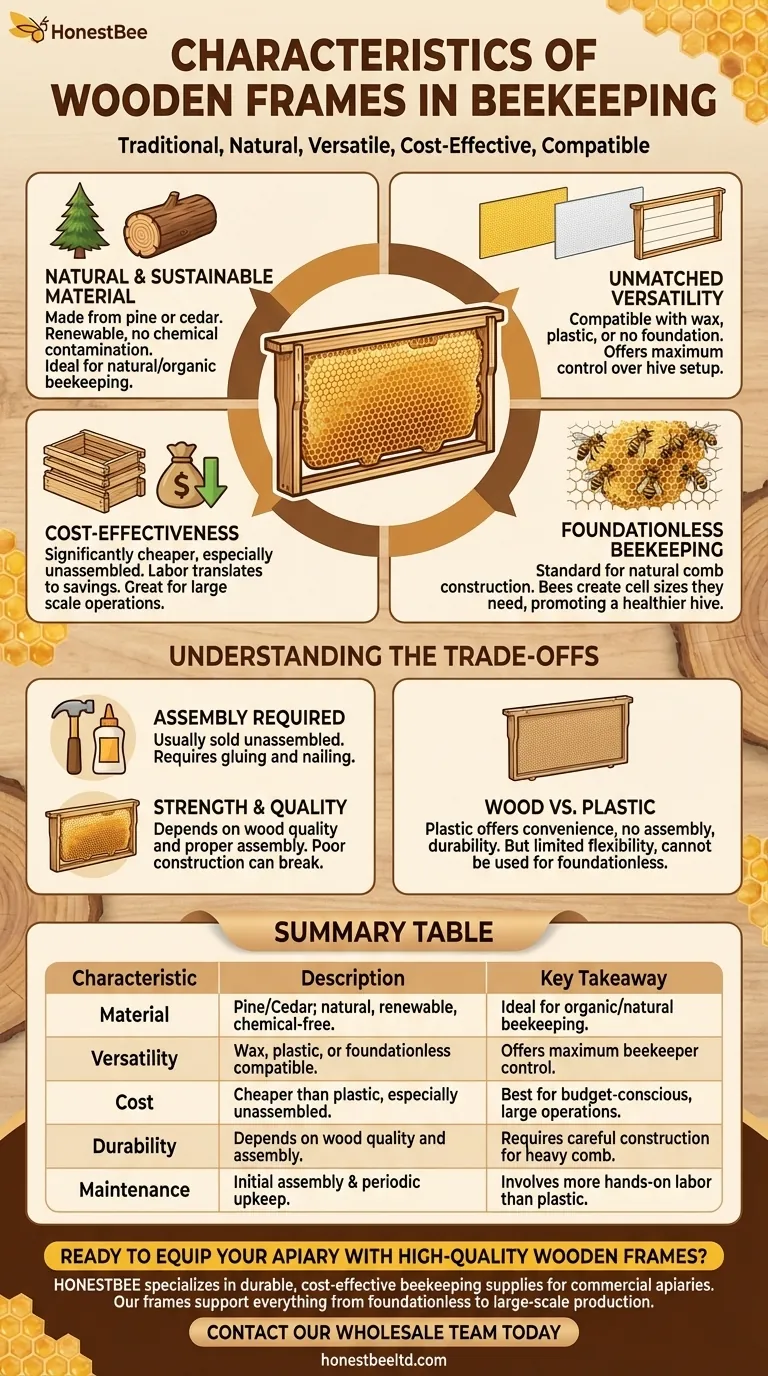
Related Products
- HONESTBEE Wired and Assembled Wooden Bee Frames Foundation for a Thriving Hive
- Heavy-Duty Stainless Steel Clip-On Frame Perch
- JZBZ Langstroth Queen Rearing Frame for Beekeeping
- Durable Rubberized Comfort Handle Frame Grip
- Heart-Shaped Comb Honey Frame and Honeycomb Cassette
People Also Ask
- What are bee frames, and how do they relate to box sizes? A Guide to the Langstroth Hive System
- How do wooden frames perform during honey extraction? Superior Rigidity for a Smoother Harvest
- Can old bee frames be reused? Weighing the Risks vs. Rewards for Your Hive
- How many frames fit in a 10 frame hive? A Guide to Maximizing Your Hive's Potential
- What is the process for assembling and gluing a Langstroth beehive frame? Build Durable Hives for Your Apiary
